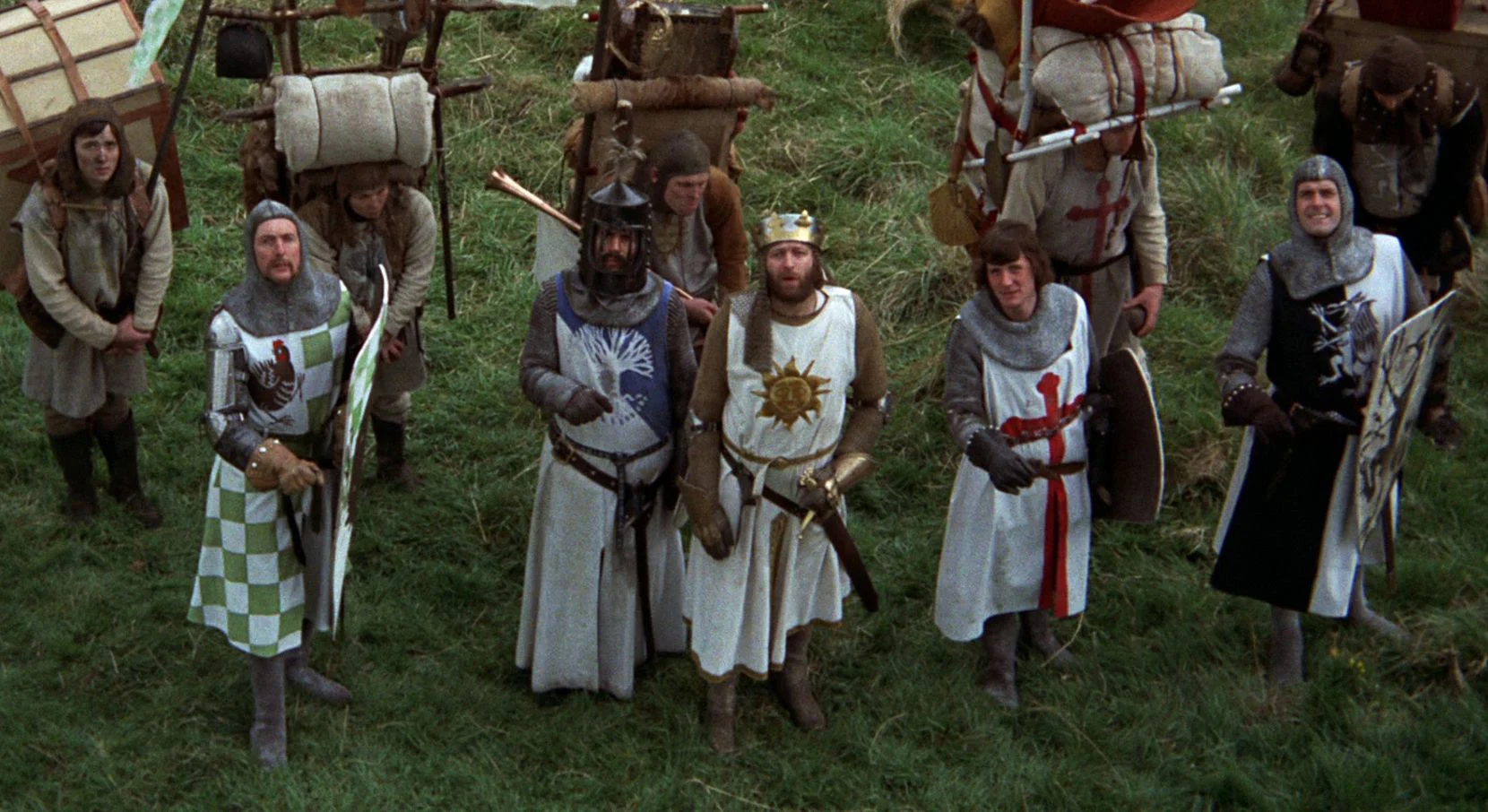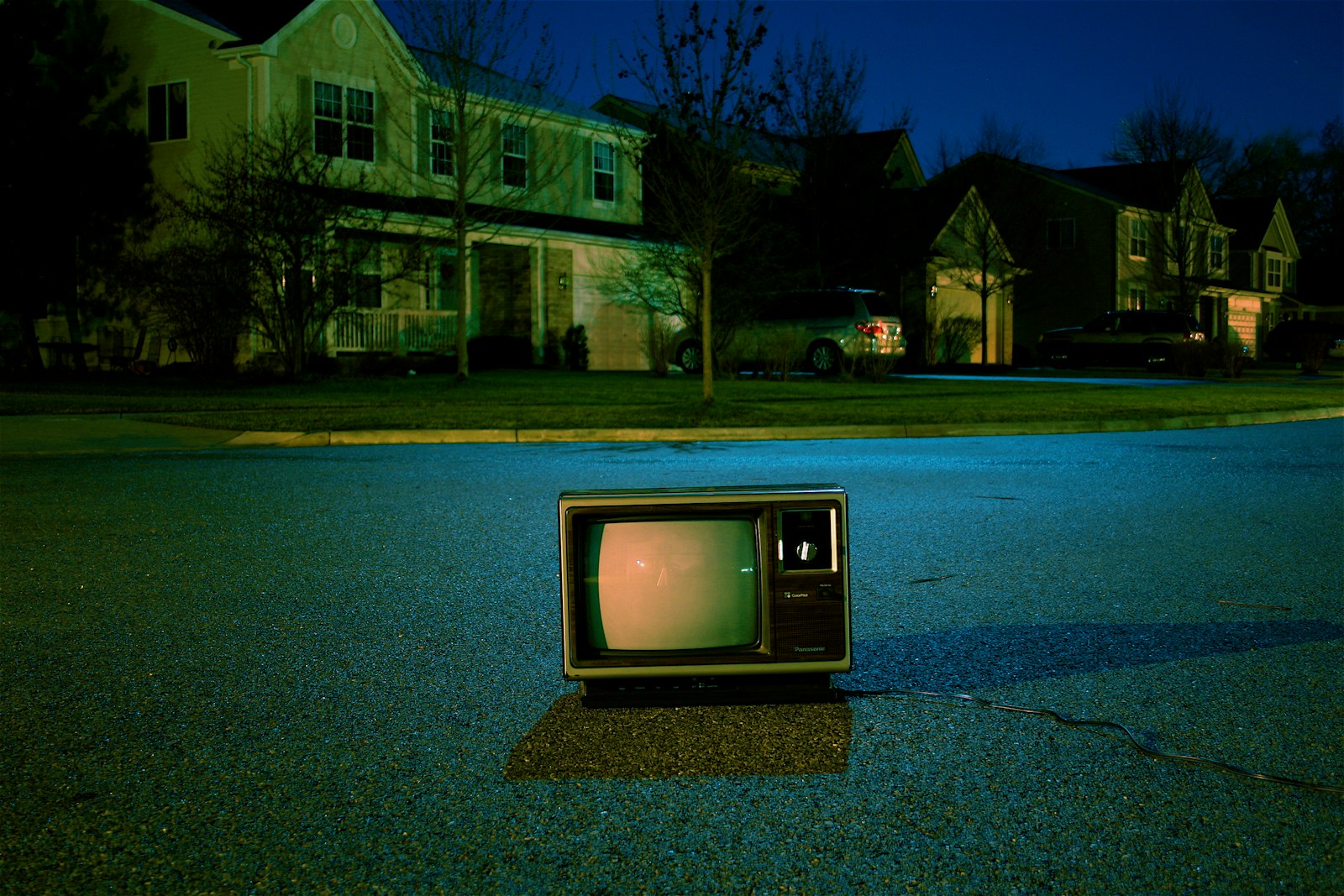
The Evolution of British Comedy: A Hilarious Journey
British comedy has long been celebrated for its unique charm, wit, and sometimes absurdity. From the zany sketches of Monty Python to the sharp, often painful humor of Fleabag, the landscape of British laughter has shifted dramatically over the decades. In this article, we’ll take a lighthearted stroll through the history of British comedy, examining how it has evolved while retaining its quintessentially British essence.
A Brief History of British Comedy
The roots of British comedy can be traced back to the medieval period, where jesters and minstrels entertained crowds with comedic tales and songs. Fast forward to the early 20th century, and we see the rise of music halls, where comedians like Max Miller and Marie Lloyd dazzled audiences with their clever wordplay and engaging performances. It was a time when comedy became a vital part of British culture, setting the stage for the comedic giants that would follow.
The Golden Age of Television Comedy
The 1950s and 1960s marked a golden age for British television comedy. Shows like The Goon Show, featuring the comedic talents of Spike Milligan and Peter Sellers, introduced a new level of surreal humor. The absurdity of their sketches often left audiences both bewildered and in stitches. This era laid the groundwork for later satirical programs, influencing how humor was crafted on TV.
Then, who can forget the legendary Fawlty Towers? Starring John Cleese, this sitcom provided a hilarious look at the misadventures of a rude hotel owner and his equally eccentric staff. It showcased the quintessential British ability to find humor in the mundane—and the uncomfortable. The show’s blend of slapstick comedy and sharp dialogue has solidified its place in the pantheon of great British comedies.
The Influence of Satire
As we moved into the 1970s and 1980s, British comedy began to embrace satire with open arms. Programs like Monty Python’s Flying Circus revolutionized sketch comedy, blending absurdity with keen social commentary. The Pythons were masters at turning the mundane into the ridiculous, poking fun at everything from politics to religion. Their sketches were not just funny; they challenged societal norms and expectations, a hallmark of British humor.
During the same period, Not the Nine O’Clock News brought political satire to the forefront. It was a bold commentary on current affairs that resonated with viewers. The clever wordplay and witty banter showcased the British knack for finding humor in the serious.
The Rise of the Sitcom
The sitcom format continued to thrive in Britain, with shows like The Office redefining workplace comedy. Created by Ricky Gervais and Stephen Merchant, this show presented a dry, uncomfortable look at the lives of office workers. Its mockumentary style and awkward humor resonated with audiences, making it a cultural phenomenon. The show’s success paved the way for more series that favored a realistic approach to comedy, often laced with a sense of melancholy.
The 21st Century: A New Wave of Comedy
As we entered the 21st century, British comedy began to diversify, embracing a variety of formats and styles. One of the standout shows of this era is The IT Crowd, which offered a hilarious glimpse into the world of IT helpdesk culture. Its quirky characters and absurd scenarios highlighted the British love for eccentricity while remaining relatable to the audience.
Dark Comedy Takes Center Stage
The emergence of dark comedy brought a fresh perspective to British humor. Black Mirror, created by Charlie Brooker, uses satire and dystopian themes to explore the darker sides of modern society. Though not a comedy in the traditional sense, it reflects the British penchant for humor that makes you think—often uncomfortably.
On the more personal side of dark comedy, Fleabag, created and performed by Phoebe Waller-Bridge, broke new ground. This critically acclaimed series delves into the life of a young woman grappling with grief, relationships, and societal expectations. The unapologetic rawness of Waller-Bridge’s writing, combined with her sharp wit, resonates deeply with audiences. Fleabag embodies the evolution of British comedy by showcasing vulnerability alongside humor, proving that laughter and pain can coexist.
The Quintessence of British Humor
Throughout its evolution, British comedy has maintained certain characteristics that make it distinctly British. Self-deprecation is a recurring theme; many British comedians excel at making fun of themselves. This trait creates a sense of relatability and endears them to audiences. The humor often relies on wordplay and wit, with clever puns and double entendres peppering dialogues. This intellectual approach to comedy distinguishes British humor from its counterparts in other cultures.
The Role of the Audience
Another significant aspect of British comedy is its relationship with the audience. British comedians often break the fourth wall, engaging directly with viewers and creating a sense of shared experience. This approach, seen in shows like The Office and Fleabag, draws the audience into the narrative and makes them feel part of the joke.
A Toolbox of Genres
As we look at the landscape of British comedy today, it’s clear that the genre is a vast toolbox filled with various styles and formats. From sketch shows to sitcoms, stand-up to dark comedy, the versatility of British humor ensures that there’s something for everyone.
Stand-Up Comedy: The Lifeblood of British Humor
Stand-up comedy has also flourished in the UK, with comedians like Billy Connolly, Eddie Izzard, and more recently, Michael McIntyre and Sarah Millican, captivating audiences with their observational humor and storytelling prowess. Stand-up serves as a stage for comedians to share their unique perspectives on life, society, and everything in between.
The Future of British Comedy
As we navigate the ever-changing landscape of entertainment, one thing remains certain: British comedy will continue to evolve while staying true to its roots. The introduction of streaming platforms has opened doors for new and diverse voices, allowing for a broader range of stories to be told. We can anticipate an exciting future where the unique flavor of British humor mingles with global influences.
Conclusion: A Legacy of Laughter
The journey from the comedic stylings of Monty Python to the emotionally charged humor of Fleabag illustrates the remarkable evolution of British comedy. Yet, despite the changes, one thing remains unchanged: the quintessentially British ability to blend humor with poignancy and absurdity with reality. This legacy of laughter is a testament to the charm and wit that have defined British comedy for centuries. As we look to the future, there’s no doubt that the comedic spirit will persist, bringing joy and laughter to audiences around the world.

